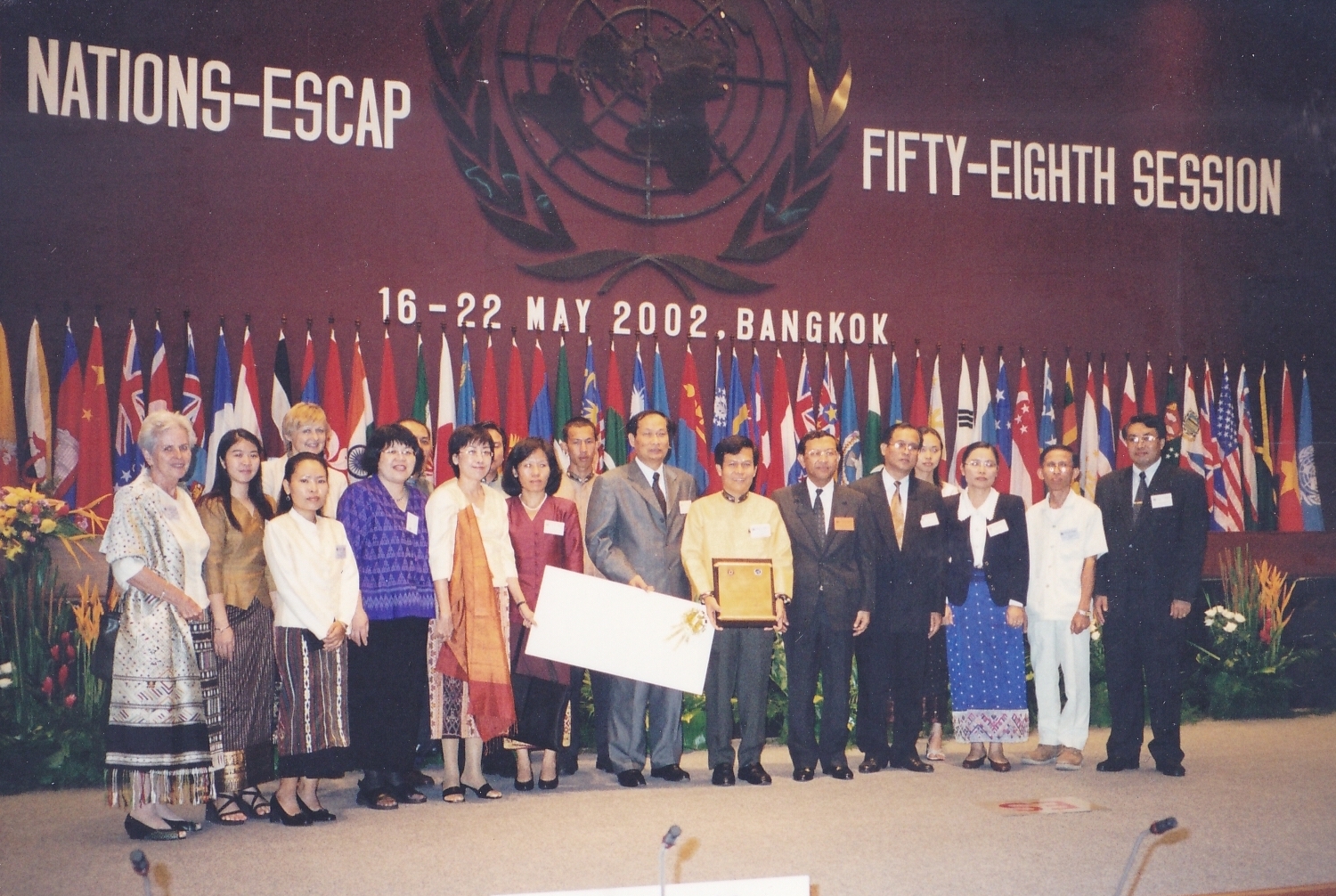The Economist: 23 July 2016
As Barack Obama prepares for his first visit to Laos, its civil society struggles

A HIGHLIGHT of Ounkeo Souksavanh’s years as a radio host in Vientiane, the capital of Laos, came in late 2011 when he hosted an episode of Wao Kao (“News Talk”) on land disputes in the south of the country. Near the end of the programme, Mr Ounkeo says, a listener called in and criticised the son of a Politburo member for allegedly grabbing land from farmers for a property-development project. In mid-2012 the Lao government appeared to show sympathy with such complaints: it said it would suspend the granting of permits to take over farmland for rubber plantations, a big cause of farmers’ gripes.
But there was no on-air celebration. The government had shut down the radio programme, one of the country’s only public outlets for grievance. In December 2012 Sombath Somphone, a campaigner for farmers’ rights who had publicly challenged the granting of rural land-use concessions to businesses, was stopped at a police post and put into the back of a pickup truck. He has not been heard from since. His supporters put up notices about his disappearance, like the one pictured on the next page. Officials told them to stop. Mr Ounkeo felt that he was in danger, too. He eventually left for America. He now works there for Radio Free Asia, a station funded by America’s Congress.
Foreign ministers from the ten-country Association of Southeast Asian Nations (ASEAN) are due to meet in Vientiane on July 24th for talks on regional issues. One delegate is Aung San Suu Kyi from Myanmar, which has recently taken a big step away from the authoritarianism that once gripped it. Mr Ounkeo describes Miss Suu Kyi as an “icon of democracy”. He says she is an inspiration to young people and intellectuals in Laos.
But Mr Ounkeo and observers in Vientiane say there is little chance that Myanmar’s opening will be replicated soon in Laos, which resembles Myanmar in its darkest days. It has no free press and dissent is rare and dangerous. NGOs must be approved by the government, which is led by the communist Lao People’s Revolutionary Party (LPRP), the only one allowed by law. They are often strangled by red tape.
There has been a notable chill since Mr Sombath’s disappearance. Most local civil-society organisations have government links and stick to non-controversial initiatives in areas such as health and education (Mr Sombath’s Participatory Development Training Centre is a rare exception). In May three people who wrote anti-government posts on Facebook were shown on state television in prison garb, confessing their crimes. Their fate is unclear, yet the message is obvious. “It’s an unreconstructed Stalinist dictatorship,” says Phil Robertson of Human Rights Watch, an NGO.
When Western diplomats raise the case of Mr Sombath’s disappearance, Lao officials say that they, too, do not know where he is. They insist that the government is constitutionally bound to protect the civil rights of its citizens. In December officials even took part in a conference hosted by the United Nations Development Programme to discuss human rights (delicately) with foreign experts and civil-society members. But the government also says it prizes the stability that Laos has enjoyed since 1975, when the LPRP seized power with backing from North Vietnam. This hints at what it really thinks: that civil liberties must be kept in check.
Western countries, however, are not likely to put the kind of pressure on Laos that they once did on Myanmar. They are eager to court friendship with ASEAN (of which Laos is chairman this year), partly as a counterbalance to Chinese power in the region. In September Barack Obama is due to become the first sitting US president to visit Laos, where he will attend an ASEAN summit. That will put the impoverished country of 7m people under a spotlight, but human rights are expected to be a side issue at best. America needs the support of China-leaning Laos in its efforts to forge a regional consensus on how to deal with China’s assertiveness in the South China Sea. Laos is littered with unexploded American bombs that were dropped during the Vietnam war. Mr Obama will try to win hearts and minds by announcing more funding to help clear them up.
Regional civil-society leaders normally convene what they call a “People’s Forum” alongside ASEAN summits. There will be no such gathering in Vientiane. Mr Robertson says Lao civil-society leaders have told counterparts elsewhere that their government will not allow certain topics to be discussed in Laos. These include gay rights, the building of controversial dams on the Mekong River and the case of Mr Sombath. So the People’s Forum will instead be held in Timor-Leste, 2,400 miles (3,900km) away. Even there, Laotians expect their government will keep a close watch.

